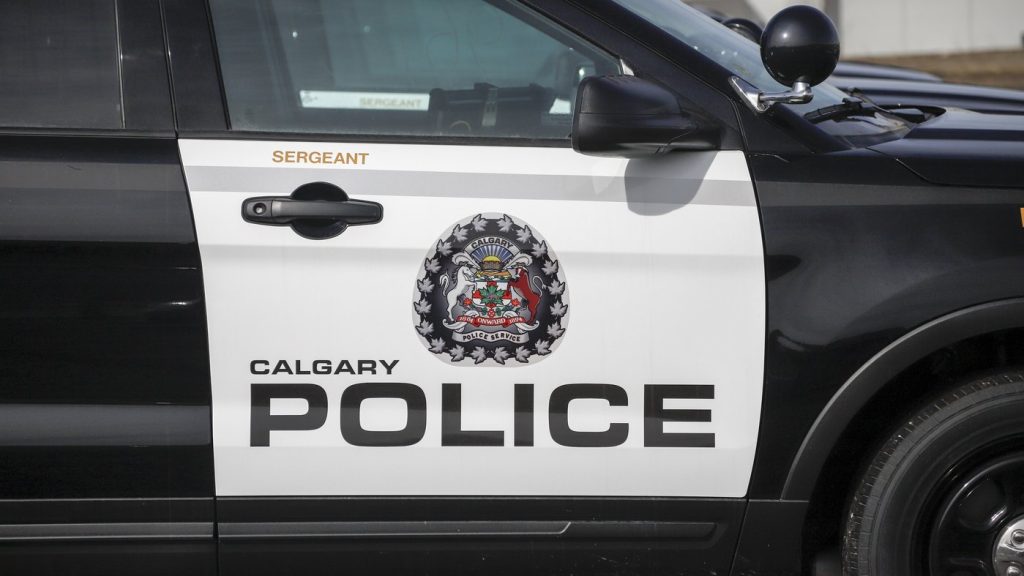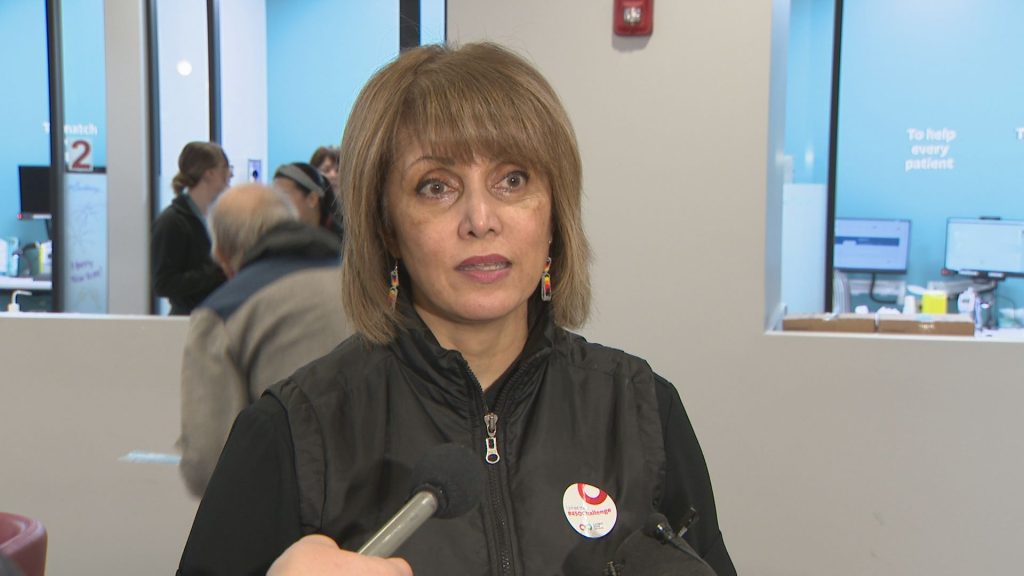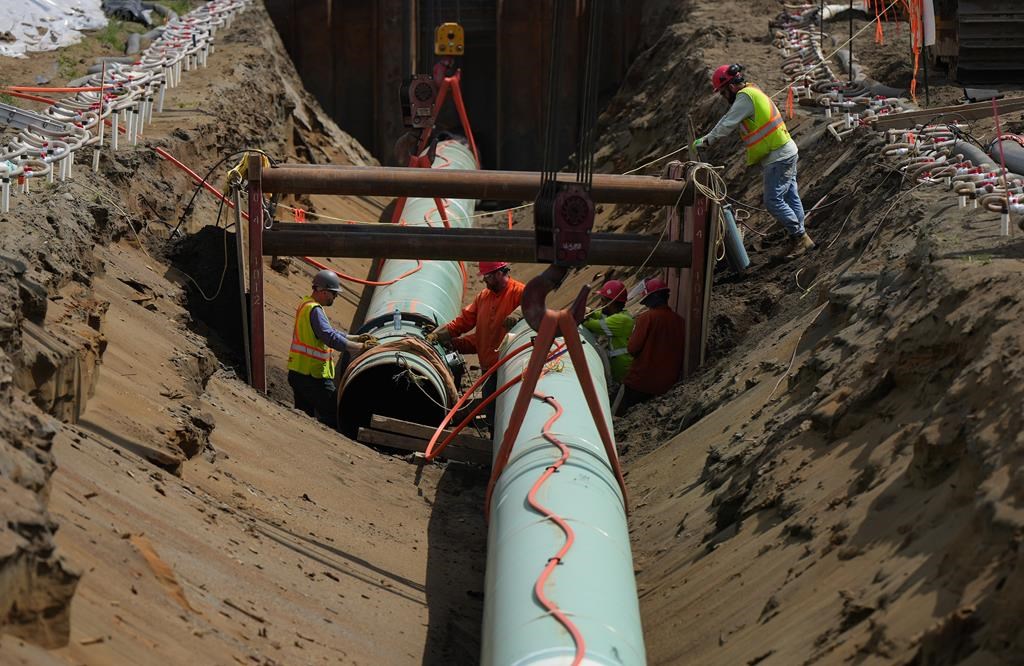Council votes to oppose AHS takeover of ambulance dispatch
Posted Sep 28, 2020 7:48 am.
Last Updated Sep 28, 2020 4:51 pm.
CALGARY (660 NEWS) – The political tug-of-war over ambulance dispatch continued Monday at City Hall.
City Council hosted a special meeting to talk about the issue surrounding the government’s decision to consolidate ambulance dispatching. At the end, council voted in favour of formally opposing the proposed switch with Councillors Sean Chu and Joe Magliocca opposed.
RELATED: Alberta mayors unified in opposition to centralizing EMS dispatch
A series of experts presented to council Monday morning including Holly Barkwell, an outside consultant with over two decades of public safety experience.
Barkwell said, the evidence is not on the province’s side when it comes to consolidating these dispatch services.
“These decisions are based on emotions and politics without considering all the cost factors involved. Capital cost is just one component of the equation and often significantly underestimated.”
https://twitter.com/Tommy_Slick/status/1310611647220785152
Those who spoke to council said the current system works well, because police, fire and EMS disptachers work in the same room and can communicate face to face. Under the provincial plan, however, there will be a delay for ambulance dispatchers to reach out to those in the city.
Chief of the Calgary Fire Department, Steve Dongworth said they already have a delay due to how 911 calls are handled now and because of a change made in 2017.
“The decision being made now to dismantle the tri-services centre will further deteriorate outcomes.”
Council also heard from the Reeve of a municipality which has already undergone this change.
Suzanne Oel with the MD of Foothills County said the shift, made over a decade ago, has resulted in several issues.
“Poor area familiarization regarding addressing and geography, ambulance response delays, gaps in coverage or inappropriate deployment of ambulances.”
Richard Hinse, Director of Calgary Community Standards, also gave a more complete picture of how 911 service currently works in Calgary and how it could change under the provincial proposal.

He said already they are in the hole by almost a minute due to that change in 2017, where a call-taker will transfer a caller to either the EMS, fire or police dispatcher based on what the caller says they need. Before 2017, a dispatcher would take every call, evaluate the situation and then determine which services are appropriate. Right now, there could be an unnecessary transfer between EMS and fire, for example, which could delay first responders by around 50 seconds.
Hinse said since they are already sacrificing time, the prospect of adding upwards of two or three minutes more is too much.
“You’ve phoned me, and I’m going to say hold the line on your worst day, I’m going to transfer you down south, you’re going to wait for that phone to ring,” he said. “When they answer the phone they’re going to start the call evaluation, once they get all that data, they send their team. Whenever they push the button for Calgary Fire and get it back to us, we’ll send Calgary Fire. I’m not in control of that.”
Hinse said it is also hard to find comparisons, after Councillor Chu asked why Calgary wasn’t using Edmonton as a comparison, where EMS dispatch is contracted out to the province. Hinse said the difference is Edmonton’s 911 service was never in the same room, so Calgary needs to look at jurisdictions where there is the face to face contact like in the MD of Foothills County.
It was hard work to get to the position where Calgary’s service are in the same room, but Hinse said it has grown to be a “gold standard” that is well regarded across jurisdictions.
“It’s not broken, why would you fix it?”
Council was asked to oppose the decision and also formally request the Health Minister overturn it. Both motions were carried.
If the decision is not overturned, city council will ask Alberta Health to help the cities affected by the move. Nenshi said later that since the evidence is not on the side of the province, he said voters should consider if they want a government that doesn’t make evidence-based decisions holding power.
https://twitter.com/Tommy_Slick/status/1310616417780211712
Calgary — along with Lethbridge, Red Deer, and the Regional Municipality of Wood Buffalo — all oppose the plan that would see dispatching moved to three stations operated by Alberta Health Services (AHS).
Last week, the mayors of these municipalities spoke with Health Minister Tyler Shandro explaining why 911 dispatching should be operated at local centres.
The mayors worry the consolidation will result in slower response times, and acknowledged that past efforts to do this have been overturned for the same reason.
Meanwhile, Shandro argued the move would save the province about $6 million a year and lead to better coordination for ambulance services.
The consolidation is expected to take place over the next six months.
Shandro was asked about the debate during Monday’s COVID-19 update in Edmonton. He said that they will make the best decision that keeps the safety of Albertans top of mind.
“If the evidence shows that response times would somehow be adversely affected, then I’m going to be against it. But that’s, quite frankly, not the evidence I’ve seen from AHS.”








